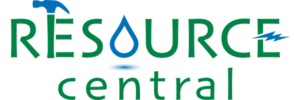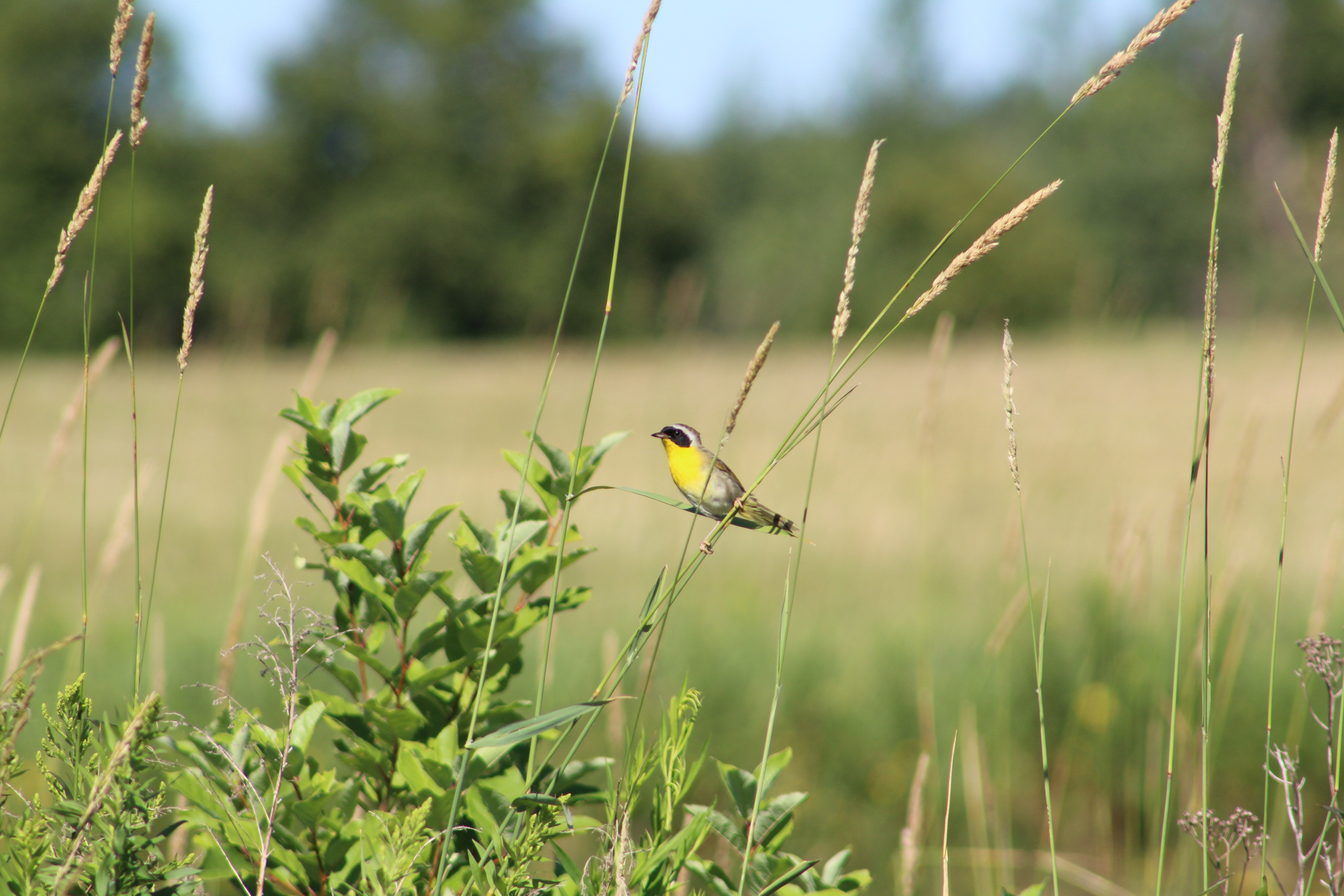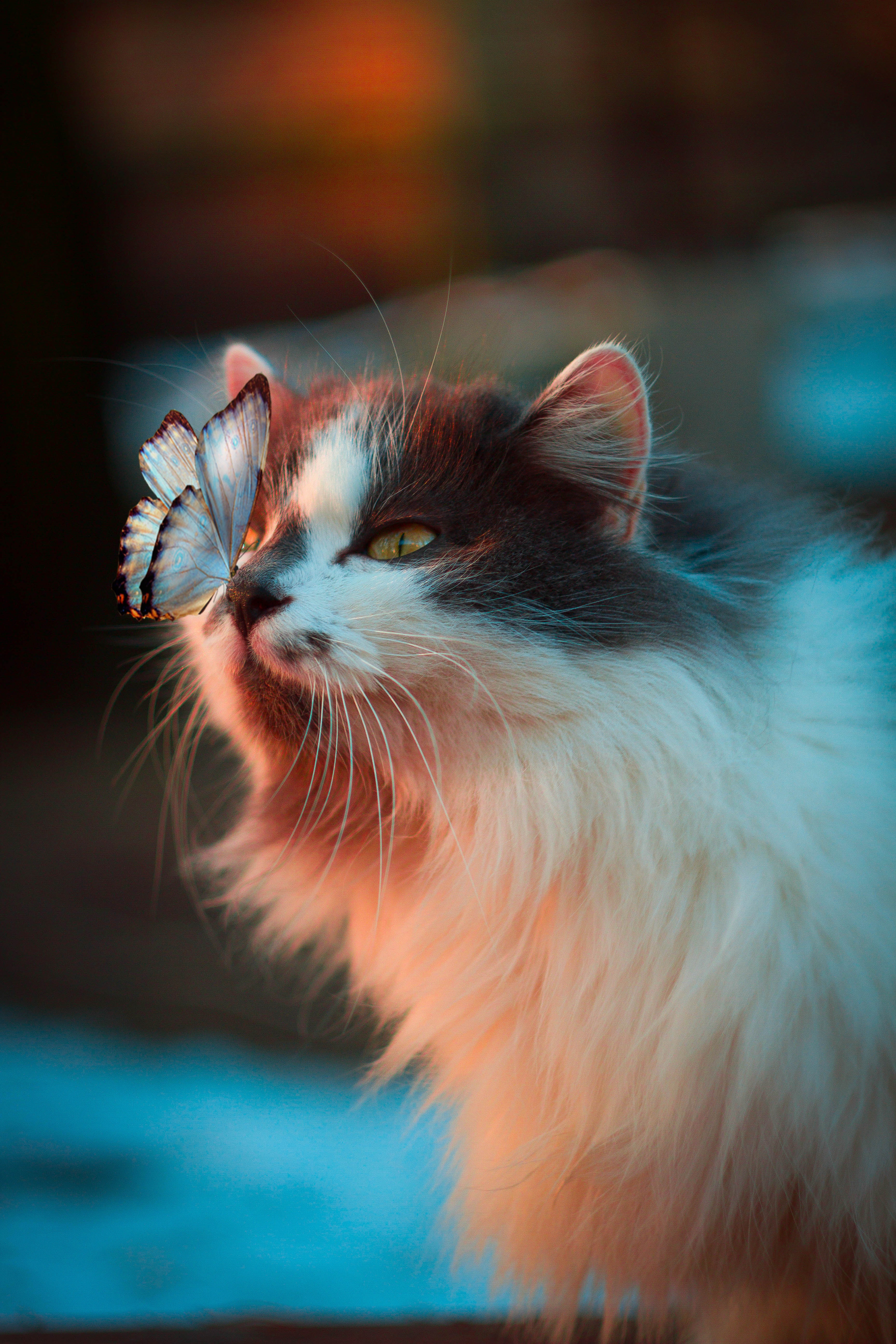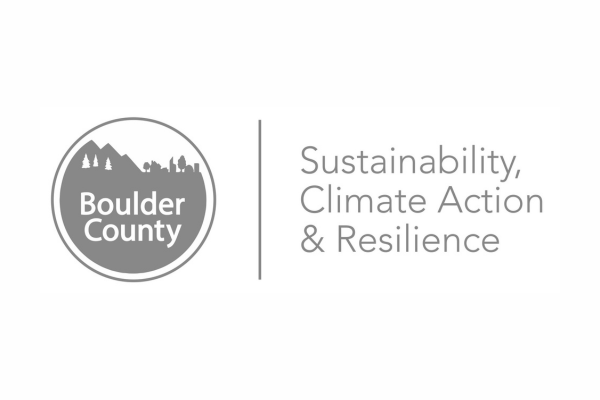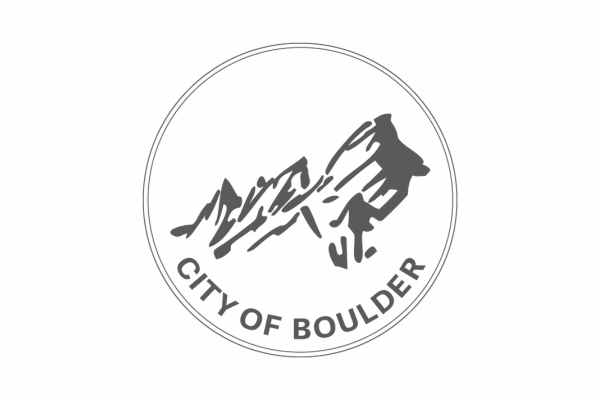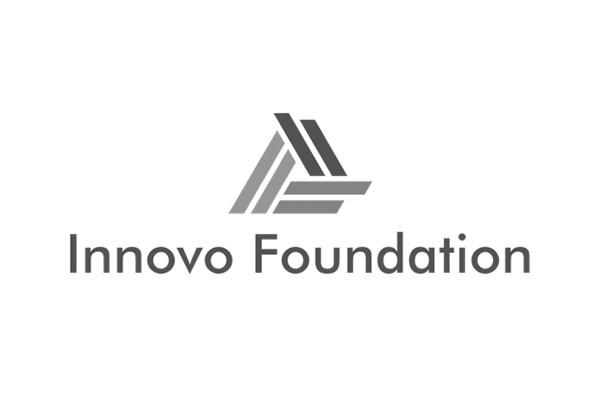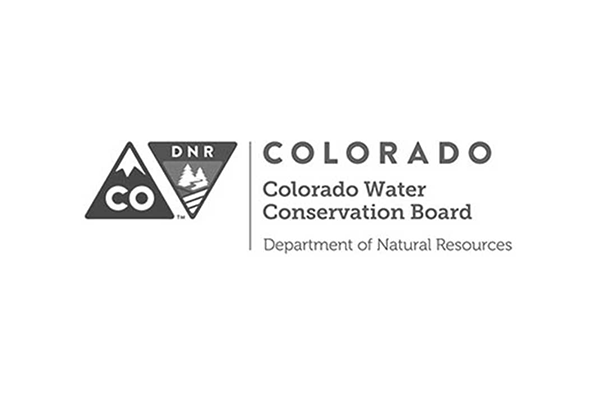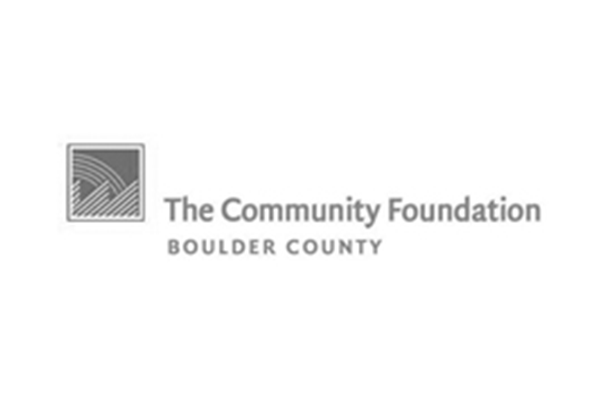Ask Miss Jean!
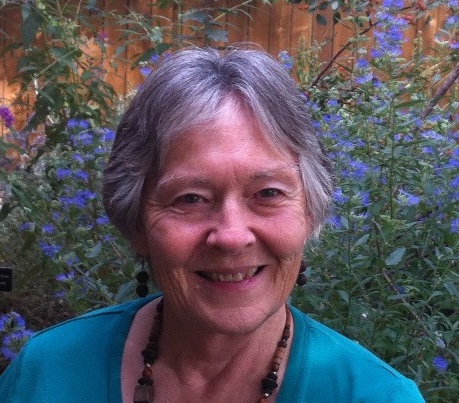
Jean Lovell, long-time Resource Central volunteer and former master gardener, tackles your gardening questions!
Submit your question(s) for Miss Jean to: GardenInfo@ResourceCentral.org
Q: What can I do to protect pollinators?
A: Did you know that more than 150 food crops in the U.S. depend on pollinators? These include insects, birds, small mammals, bees and butterflies that travel from plant to plant, picking up the pollen essential to reproduction of the plants that supply us humans with nourishing produce. We need them and they need us. I see that as a sort of healthy codependency. Currently, pollinators of all sorts are in decline. Here are a few steps you can take to support these beloved creatures:
1. Plant a Pollinator Garden
Widespread development is taking over many feeding and nesting habitats for pollinators. That is why one of the most positive things we can do to alleviate habitat loss is to grow a pollinator garden – a garden filled with plants that provide nectar or pollen for a wide range of pollinators.
– Choose a sunny area.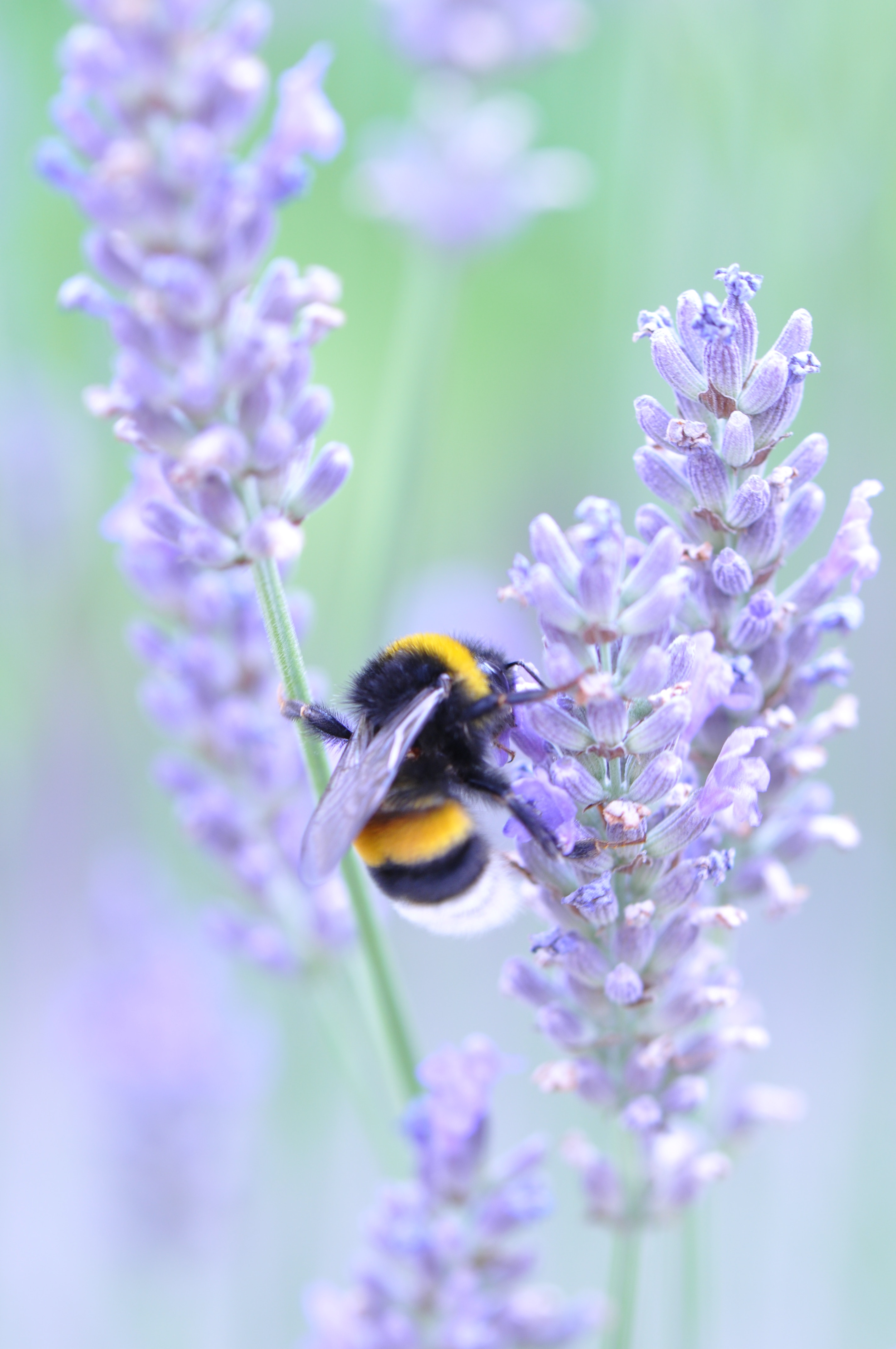
– Select plants that provide nectar or larval food for pollinators.
– Plant native species whenever possible.
– Perennials are always a plus!
– Include as many flower types, shapes and sizes as possible.
– Plant the same types of flowers in large swathes.
– Include varieties that bloom in different seasons: early spring through fall.
– Remember night-bloomers.
– Install houses for bats and nest boxes for native bees.
2. Reduce Pesticide Use
Minimize or avoid the use of pesticides and totally avoid neonicitonoids (aka neonics) and glycophosate. Neonics can kill bees directly and increases their susceptibility to other dangers. Glycophosate eliminates milkweed, the only food for monarch butterflies’ young, and has also been tied to declining bee popultations. If no other options are available, be sure to follow the directions and heed “bee toxicity” warnings.
3. Get Involved
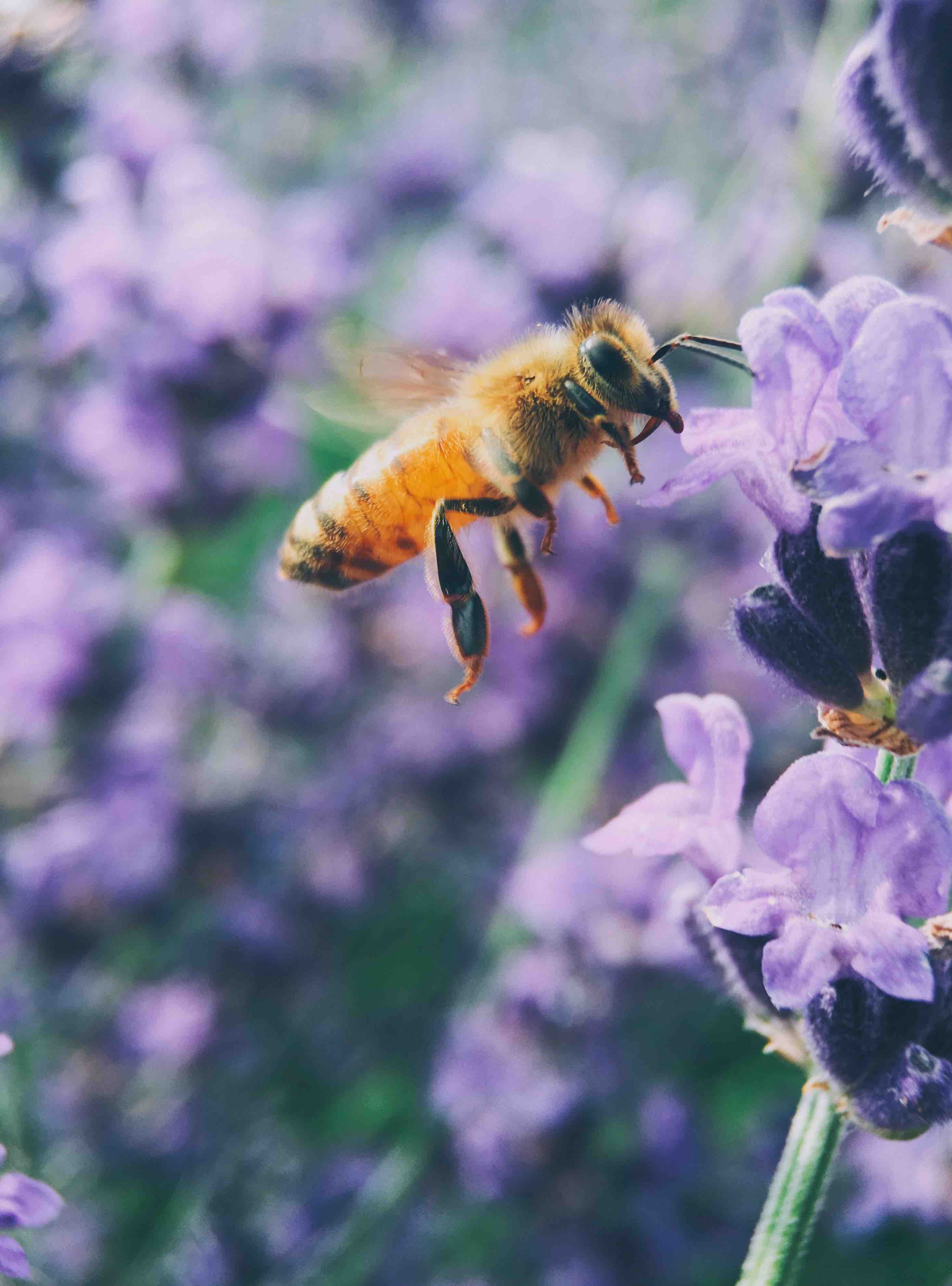 – Participate in Boulder Pollinator Appreciation Month
– Participate in Boulder Pollinator Appreciation Month
Lectures and events are planned throughout this month to inform us about pollinators, their benefits, and how to protect them and their habitats.
– Check Out the Pollinator Garden Project
This is a new program designed to coordinate individuals and organizations in creating and mapping pollinator pathways throughout the city of Boulder to support pollinators.
– Join the People and Pollinators Action Network
PPAN is a group that is working to mobilize Colorado Communities to create and restore pollinator habitats and promote pollinator safe agricultural practices.
Above all, remember to get out and enjoy nature! Building a connection with the natural world can help pollinators as well. Time spent outdoors can inspire gardening, working with plants and animals, and scenic get-aways… All things that are good for the soul while also helping our winged (and sometimes whiskered) friends too.
